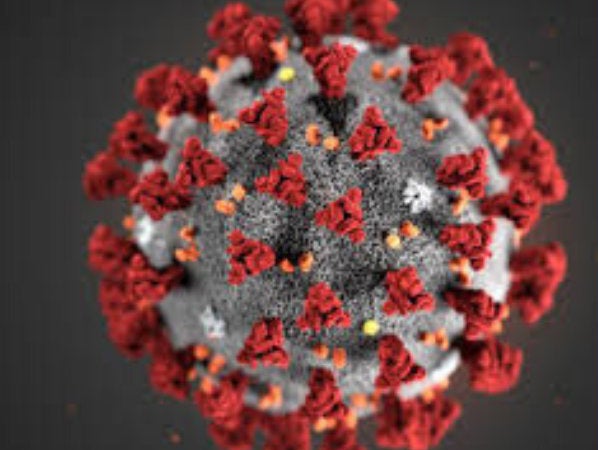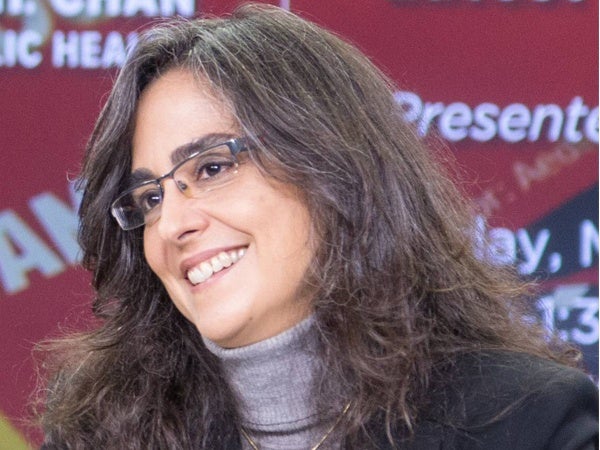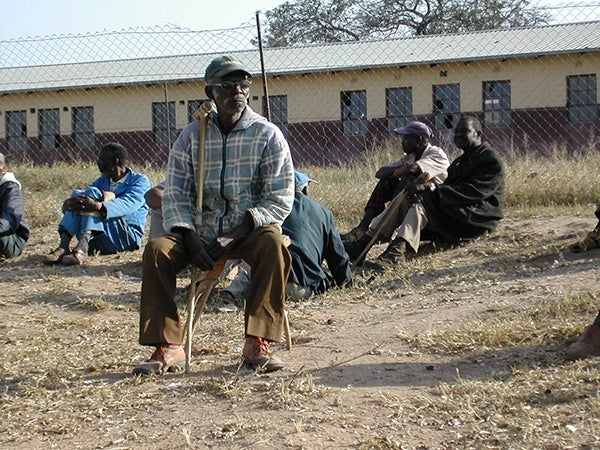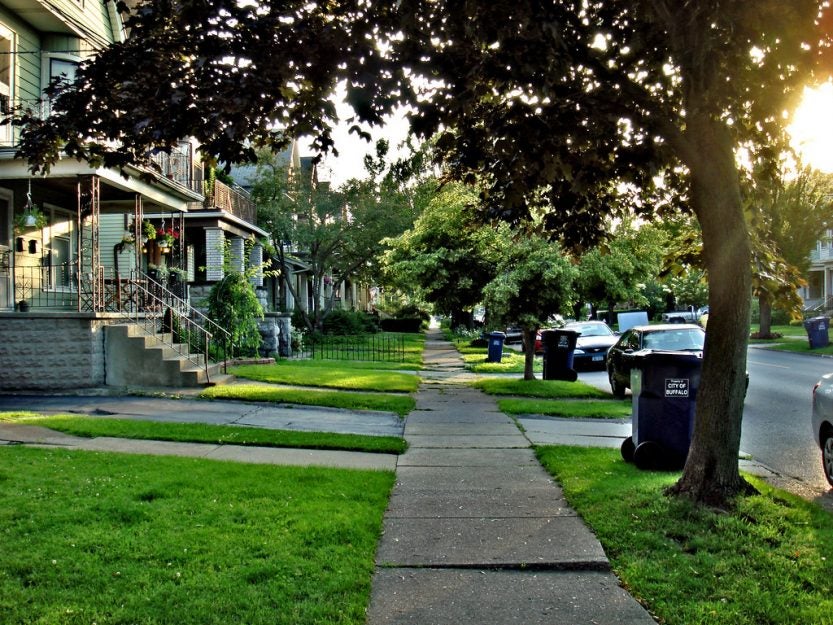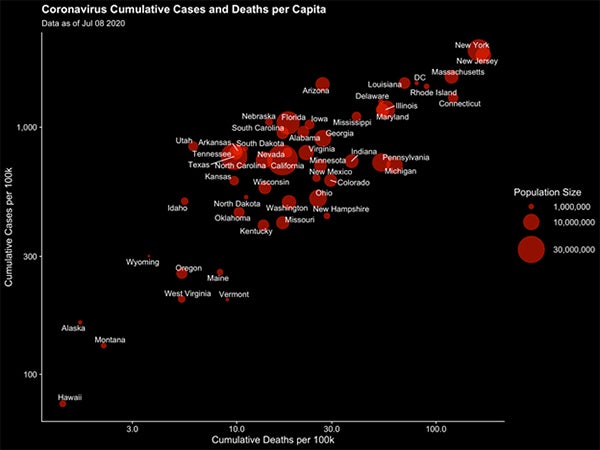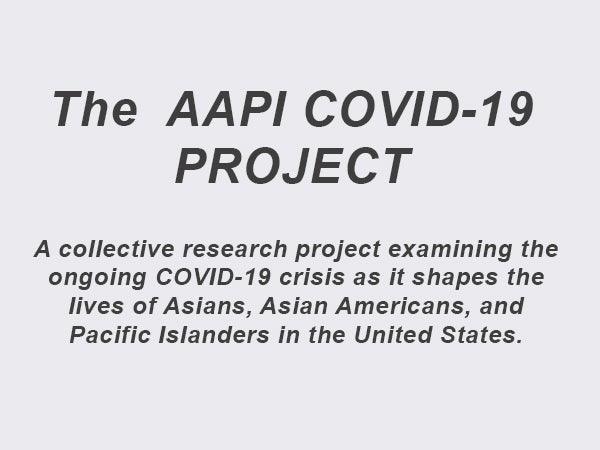Harvard Pop Center postdoctoral fellow Justin Rodgers, and faculty member David R. Williams are among the authors of a critical review and synthesis published in Brain, Behavior and Immunity that summarizes the literature about discrimination and inflammation, explains the recent findings, and offers recommendations for future research.
How accurately have prediction models forecast cases and deaths during previous epidemics?
A review published in the European Journal of Epidemiology finds that during the Ebola epidemic, for example, when there was in increase in forecasting studies, the number of cases and deaths were overestimated by most of the studies. “Only once COVID-19 is behind us will we know whether prediction models did better than their counterparts from the Ebola epidemic. Until then, it is critical that researchers communicate the contexts and…
First look at impacts of expanding antipoverty social policy benefits (Paycheck Plus) to working people without children in New York City
Recent Bell Fellow Emilie Courtin, PhD, and her colleagues have published a research article in the journal Health Affairs. They found that expanding the earned income tax credit to people without children resulted in an uptick in employment and earnings, and, for women, in health-related quality of life. “…our study provides some optimism that reshaping the social policy landscape could reverse the declining health of low-income Americans observed in recent…
Weighing the value of crowdsourced versus official COVID-19 data in India
A piece on natureindia.com written by researchers affiliated with the Harvard Pop Center — Weixing Zhang, Rockli Kim and S V Subramanian— highlights the importance of timely data on COVID-19 infection rates in order to slow the spread of the virus. Crowdsourced data, although not verified by the Indian Council of Medical Research (ICMR), has the advantage when it comes to speed, as it may be available up to two…
Continue reading “Weighing the value of crowdsourced versus official COVID-19 data in India”
Spatiotemporal analysis depicts and confirms South Korea’s effective COVID-19 containment strategy
Professor Marcia Castro, PhD, has co-authored a study that looks at the strategy used in South Korea as of May 31, 2020 to contain COVID-19.
Is social capital valuable in protecting cognitive function in lower-resource settings such as rural South Africa?
While theories about the connection between strong social supports and better cognitive health among an aging population are well established in higher resource settings (high income, high education levels), less is known about whether this same pattern exists in lower resource settings. Researchers affiliated with Health and Aging in Africa: a Longitudinal Study of an INDEPTH community in South Africa (HAALSI) have published findings that suggest that a similar pattern…
Narrowing in on disparities in life expectancy across the U.S. with help of census-tract level data
A study published in PNAS is the first to look at life-expectancy data at the local, state, and county levels across the U.S. Findings reveal significant disparities at the micro level (census-tract) suggesting that analyzing life expectancy data at the typical state and county levels may not be local enough to get an accurate picture of life expectancy inequalities. “There is a need for greater precision and targeting of local…
Novel animated graphic illustrates lag time between COVID-19 cases and deaths in United States
A Harvard Pop Center working paper presents state-level data on COVID-19 cases and deaths (spanning from January 22 until July 8, 2020) in one animated graphic that helps to illustrate the lag time between cases and deaths. The visualization helps to show the relationship between the two metrics, and could be useful to set expectations following a surge (or decrease) in cases.
How is COVID-19 impacting Asians, Asian Americans and Pacific Islanders in the U.S.? This team is going to find out…
The research project AAPI COVID-19 Project launched by the Harvard Sociology Department in partnership with UNESCO will investigate the increase in racism aimed at Asians in the United States during the COVID-19 pandemic. Harvard Pop Center Associate Director Jason Beckfield is serving as co-principal investigator on the team. Learn more in this piece in The Harvard Gazette.
The power of policy; what happens when sweetened beverages are taxed & school meals are legislated to be more nutritious?
A review of two implemented policies—an excise tax of 1.81 cents/ounce on sweetened beverages in Philadelphia, and the Healthy, Hunger-Free Kids Act of 2010—shows that both policies had a positive impact on health and health behaviors. Authors of the studies include Harvard Pop Center faculty affiliates Sara Bleich and Steven Gortmaker, and former post-doctoral fellow Christina Roberto. Learn more in this EurekaAlert release.

